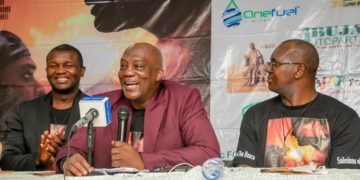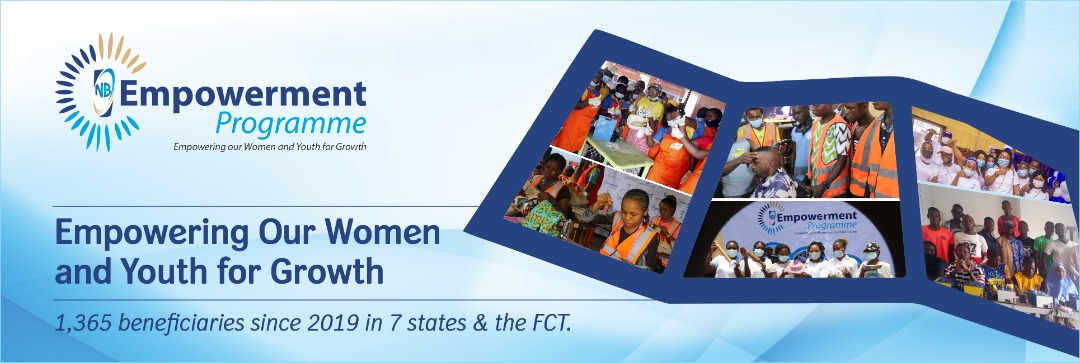By Paul Ejime
Cabo Verde’s National Electoral Commission, CNE, on Friday formally declared opposition leader José Maria Pereira Neves, 61, as winner of the October 17 presidential election with 51.75% or 95,974 of the valid votes.
Neves, three-time Prime Minister from 2001-2016, defeated his closes rival Carlos Alberto Veiga, 72, who polled 78,612 votes or 42.39%.
Veiga has conceded defeat and congratulated Neves.
Turn-out was 47.99%, representing 191,335 of valid votes from the 398,690 registered voters among the estimated population of 550,000 people on the islands’ nation and in the diaspora.
Maria do Rosario Gonsalves,CNE Chair and outgoing President of the ECOWAS Network of Electoral Commissions (ECONEC), said Neves had met the constitutional requirements and congratulated him on his victory
She also congratulated the six other candidates for their participation in the “peaceful and successful” electoral process.
Neves belongs to the opposition African Party for the Independence of Cabo Verde, PAICV, while Veiga, also a former Prime Minister, is a member of the ruling, MpD.
The President-elect entered politics very early in life becoming leader of a nationalist youth organization during the country’s transition from Portuguese rule to independence in 1975.
After his higher education at the Sao Paulo School of Business Administration in Brazil, he returned to Cabo Verde in the 1980s and worked in different state institutions.
In 1989, Neves became member of the PAICV party. He was a candidate for the party’s leadership at its 1997 Congress but lost.
In 2000, he became President of the Santa Catarina Town Council, and had a shot at the presidency but ended up as Prime Minister a year later.
As Prime Minister, Neves established diplomatic relations with the People’s Republic of China and in 2002, signed a “Special Treaty” with the European Union.
In 2007, he initiated moves that eventually made Cabo Verde a member of the regional bloc ECOWAS.
He won the 2006 parliamentary election and served his second term as Prime Minister, with the World Bank and the IMF applauding his government’s economic and financial policies.
While acknowledging the harmful effects of slavery and colonialism on Africa, Neves said in 2006 that African leaders were primarily responsible for the continent’s present-day problems, and “must assume their responsibility to develop a clear strategy for Africa’s future that takes advantage of all of its human capabilities and natural resources.”
In 2011, Neves was elected to his third term as Prime Minister finishing in 2016.
This year, he threw his hat into the presidential contest and won to become Cabo Verde’s fifth President.
He is expected to be sworn in first week of November.

















